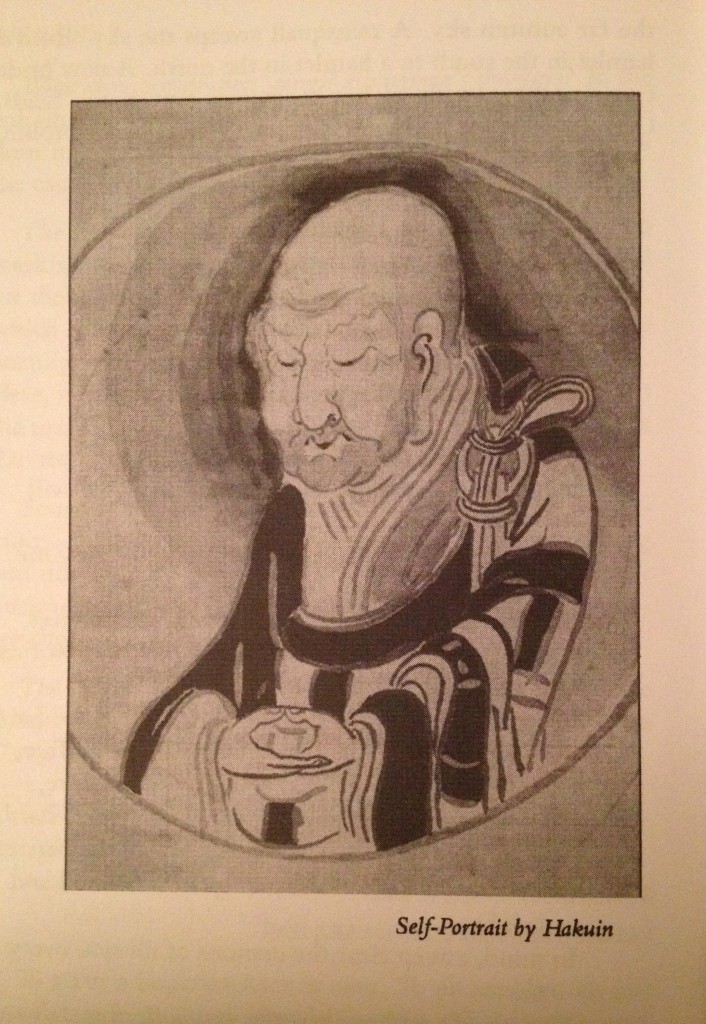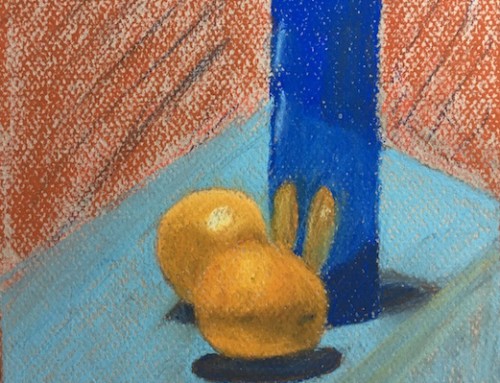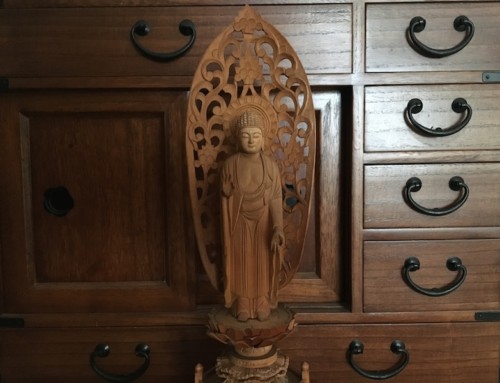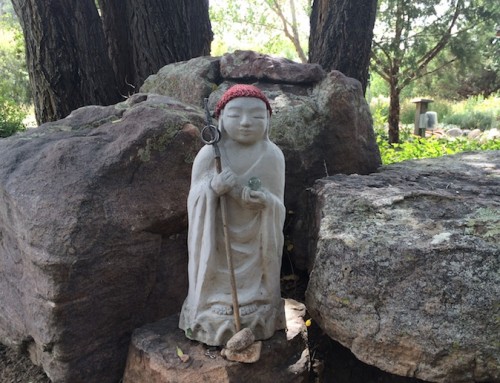“I am full of shit!” These are the five words I wrote in the middle of my shift at the hospital a few weeks ago, after conducting my first meditation/relaxation group in the Psych ward. On the way in that morning I listened to Pema Chodron talk about shenpa, which helped me to feel centered and prepared to handle whatever the day might bring. I’ve been “teaching” meditation for almost twenty years, I’ve known many people with mental illness who have been helped by meditation, and after witnessing J conduct a session with patients the previous week, I thought: “I’ve got this!”
Well, I did not “have” it. There were about six people who came, some came late, a couple left before the session was over, came back and then left again. One patient was very aggressive and kept interrupting the guided meditation section of the half hour. Two people, who had sat through the whole period last week, left this week because they were getting anxious. By the end there were two people left. I felt like I hadn’t helped anyone. I felt like a failure. I felt out of my depth trying to bring meditation to unstable psych patients. I had great doubt. Why did I offer to do this?
I thought if I had only said the right words, used the right tone of voice, been more like J, it would have been easier. So I did some research, listened to some guided relaxation/visualization videos, and brought some music with me the following week, which had me feeling a little better prepared. When I arrived on the floor, I was told that the room my group was supposed to meet in was not available. In fact, there was no empty room. They asked if I could come back in the afternoon. I couldn’t. Then it was suggested I do it in the day room/cafeteria. They would turn off the TV and ask those who weren’t going to join the group to leave.
Some stayed but didn’t participate. People, including staff, kept coming in and out of the room during the half hour. It was a bit chaotic, as that floor can be. In terms of numbers, it was about the same as the previous week. Six, with four coming and going, a couple not understanding English, with two left at the end. I did my best and maybe I helped someone.
This week was different yet again, but I’m beginning to leave all my expectations at the door, and am learning to have a new outlook on what “meditation” truly is and can be. It is definitely not one way fits all. And next week and the next and the next will be different yet again. So, I will just keep showing up and trust the dharma. As for trusting myself, well, there’s been a little more of that lately too.
Some of this was born from an experience I had at a recent weekend retreat. While doing something that I had been asked to do by the facilitators, I was addressed by one of the teachers in a very angry and abusive tone. It was quite shocking. While I understand that we can all become sensitive and vulnerable during sesshin, and the precepts can be breached without intention, it did not feel okay for a teacher to direct anger, perhaps meant for someone else, at a student and then not make amends. I do know the difference between a Zen wake-up shout and an abusive one. I’ve experienced plenty of both. It felt as if the Buddhist teachings that we were all there to practice together were meant only for the students and that the Zen teaching “no head higher than any other” was violated. After consulting with a few of my spiritual mentors, and reflecting about it in light of the precept about not speaking of other’s faults, there was no doubt left with this matter for me: this teacher behaved inappropriately.
Shunryu Suzuki’s words on the practice of bowing come to my mind when reflecting on this experience. “Bowing is a very serious practice. You should be prepared to bow even in your last moment. Even though it is impossible to get rid of our self-centered desires, we have to do it. Our true nature wants us to … Sometimes the disciple bows to the master; sometimes the master bows to the disciple. A master who cannot bow to his disciple cannot bow to Buddha. Sometimes the master and disciple bow together to Buddha. Sometimes we may bow to cats and dogs.”
This “teacher” who directed anger at me was clearly unable to bow to me as student. On the other hand, this experience was probably just what I needed to help confirm for me what kind of teacher and caregiver I want to be. It was somewhat akin to the sound of a bell, or the shout of a word, or the call of a bird that triggers the moment of enlightenment in many old Zen stories. And it is always something like this that reminds me: in pointing my finger there are always three fingers pointing back at me. And so, though wary, I am grateful for the “teaching” and will keep digging in and going deeper toward self-forgetting. Which reminds me of one of my favorite prayers from St. Francis of Assisi.
Lord, make me a channel of thy peace—that where there is hatred, I may bring love—that where there is wrong, I may bring the spirit of forgiveness—that where there is discord, I may bring harmony—that where there is error, I may bring truth—that where there is doubt, I may bring faith—that where there is despair, I may bring hope—that where there are shadows, I may bring light—that where there is sadness, I may bring joy. Lord, grant that I may seek rather to comfort than to be comforted—to understand, than to be understood—to love, than to be loved. For it is by self-forgetting that one finds. It is by forgiving that one is forgiven. It is by dying that one awakens to Eternal Life.
“I am full of shit!” may not be the most eloquent way to express the doubt I was having about my ability to lead a meditation session in the Psych ward. But it did help to wake me up to the fact that it matters to me to do my best and there is always more for me to learn. I liken it to Hakuin’s great doubt, without which we cannot awaken. So this exhortation to myself was my inner Zen master shouting at me to wake up, pay attention to the shit, and take advantage of it. You are not a piece of shit, but now that you notice its presence, allow it to fertilize your heart-mind. Or, as Thich Nhat Hahn would say: “There is no lotus flower possible without the mud. There is no understanding and compassion without suffering.”
I am glad I am often full of shit. For how else would I be able to cultivate such a lovely garden?





Leave A Comment